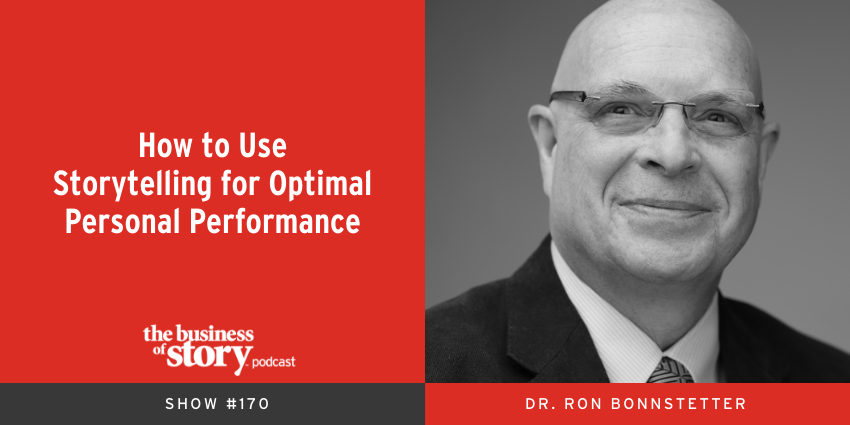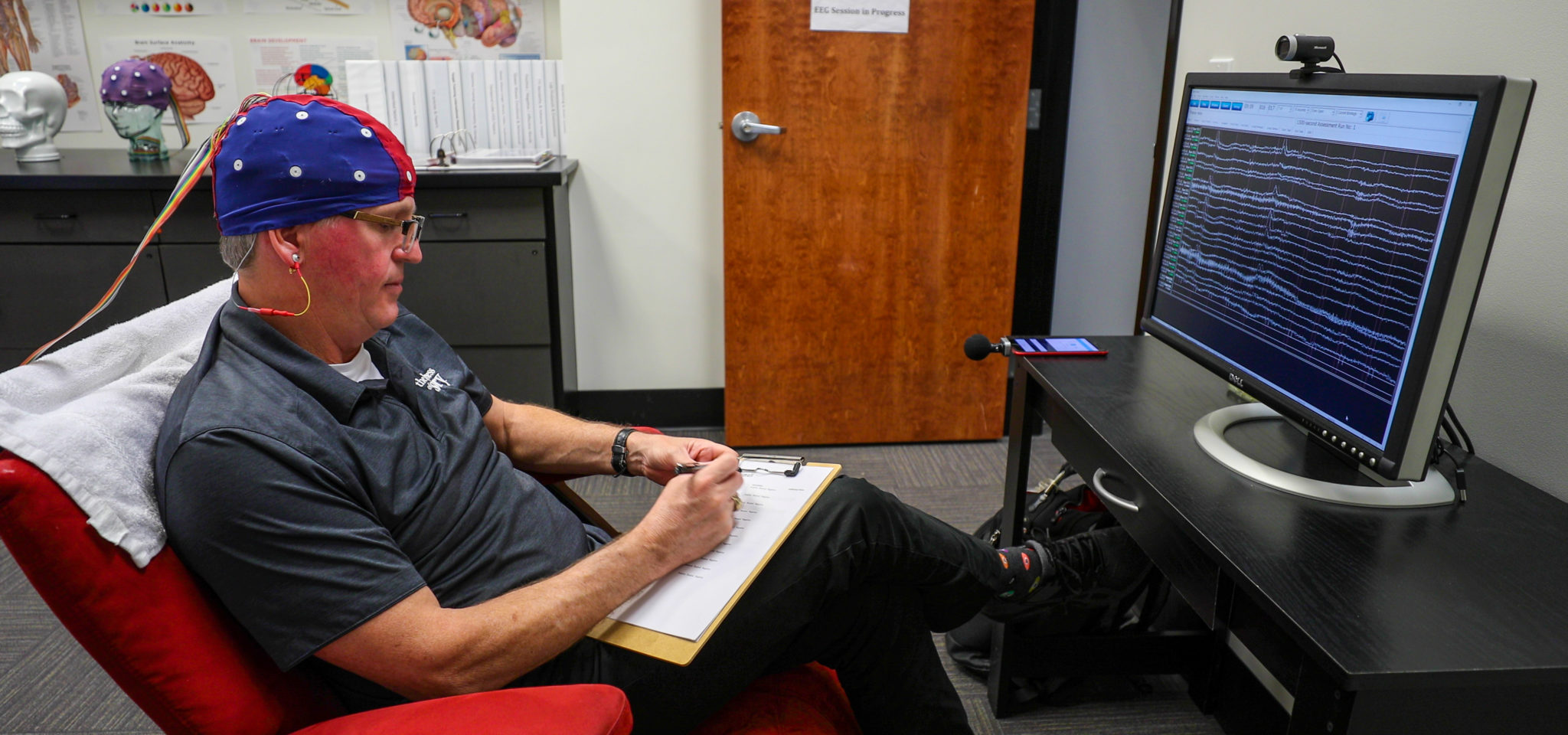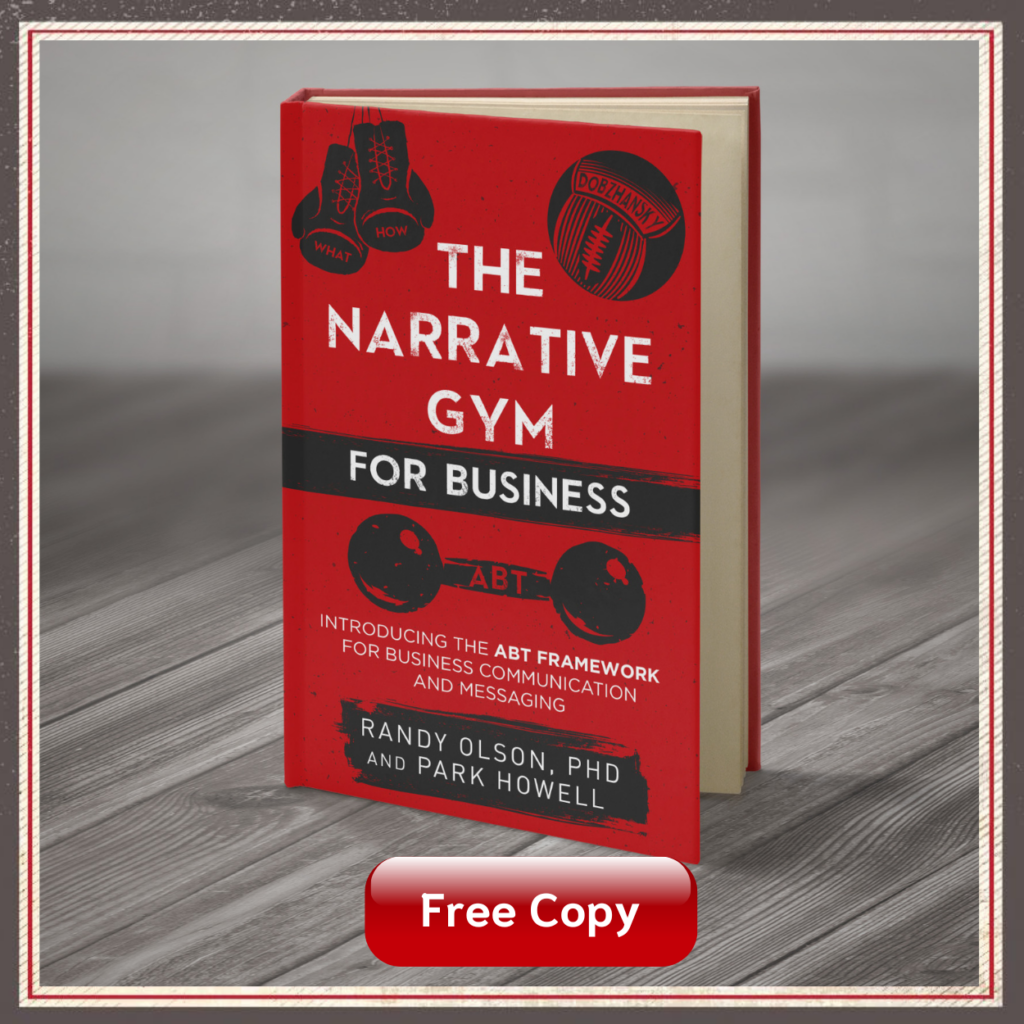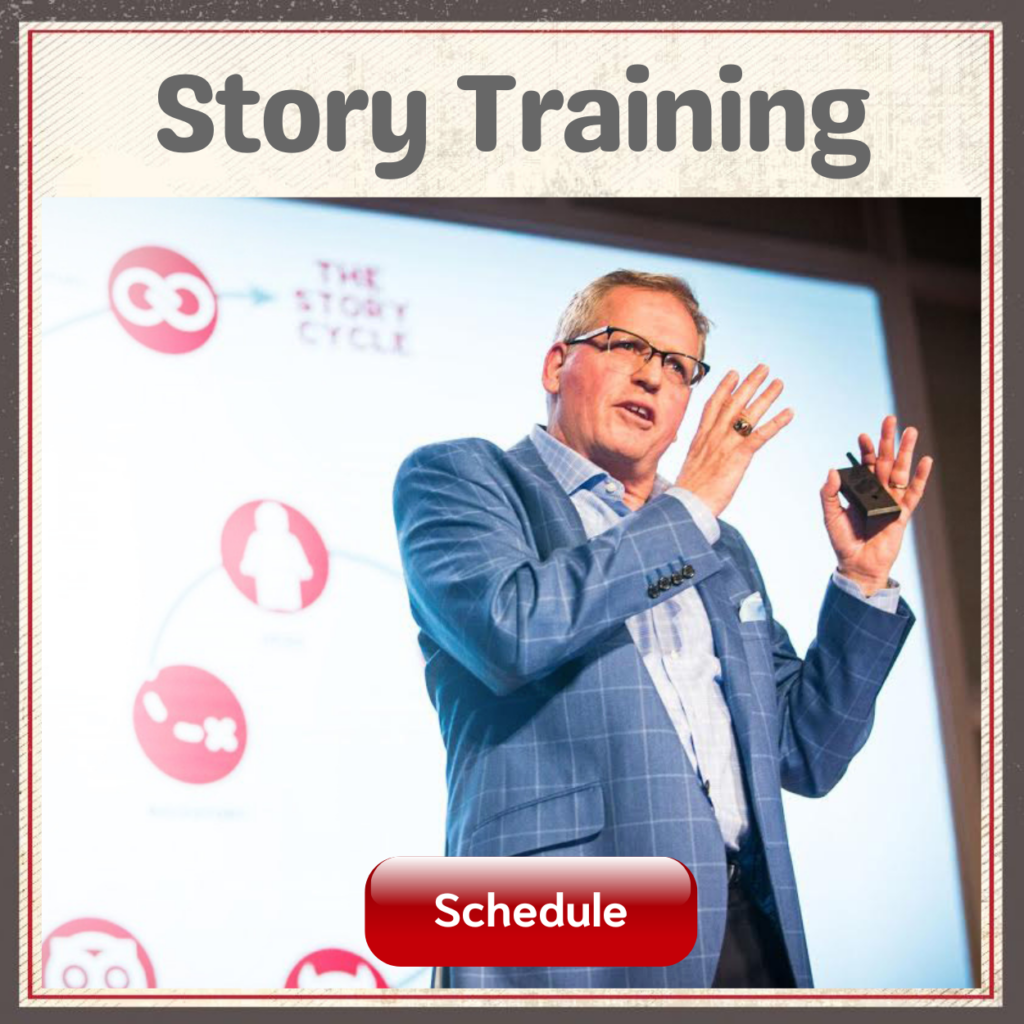
#170: How to Use Storytelling for Optimal Personal Performance
Robert McKee once told me that our conscious mind is simply the P.R. department for our subconscious mind, where all of our real decisions are being made.
In the advertising world, we know we buy with our hearts and justify our purchases with our heads. We tell ourselves emotional stories as to why we need to buy something, and then we create nonfiction in our brains to counteract any buyer’s remorse we might experience.
But how exactly do our brains come up with these stories? And, have you ever stopped to think about what stories you tell yourself? Today, we’ll be going inside the depths of our minds to understand the Applied Science of Story.
Our guest for this week’s show is Dr. Ron Bonnstetter, senior vice president of research and development for Target Training International and professor emeritus of University of Nebraska – Lincoln, who has dedicated 3 decades of his life to research cognitive neurology. His team uses real-time EEG (electroencephalogram) tests that scan human brains and studies brain-based findings that inform human interactions. He and his team of research scientists are all working to uncover the meaning behind our human attribute database.
Recently, Ron Bonnstetter and his team snapped a bathing cap-like apparatus with electrodes on my skull to measure my emotional quotient, or what is called emotional intelligence. Your EQ is the level of your ability to understand other people, what motivates them and how to work cooperatively with them.

For most people, emotional intelligence (EQ) is more important than one’s intelligence (IQ), because as individuals, our success depends on our ability to read other people’s signals and react appropriately to them. Our optimal personal performance is often measured most accurately by how we score on our emotional quotient.
I think of EQ as a measure of how well you read other people and accurately identify their story. The test they gave me at TTI measured my initial emotional response to stimuli – my gut instinct– compared to my immediate second response which is more logical. They look at how much similar these two reactions are, or what is the gap between them: We tell ourselves one story but actually believe something different.
In this episode, Dr. Ron Bonnstetter will take us inside the brain, sharing what they have learned over the past six years on how we process stories to live our optimum life. He also shares the result of the EEG test he performed on me including the 3 major outcomes and how we can differentiate knowledge from understanding.
Don’t forget to take your own emotional quotient study online for FREE, thanks to a special link made available to our Business of Story listeners: http://bit.ly/yourtti
In This Episode, You Will Learn
- How our brains tell stories using the brain scanning technique (electroencephalogram)
- The emotional load associated with the final decisions we make
- Knowledge versus understanding
Key Quotes
“Most of us spend time on what we DO know instead of what we DON’T know.” —Dr. Ron Bonnstetter
“When you’re leading a parade, you get a great view. But you also make yourself a great target.” —Dr. Ron Bonnstetter
“If you can’t prove it, you can’t use it.” —Dr. Ron Bonnstetter
“You don’t learn to meditate by reading about meditation. We have got to let some of these things touch us.” —Dr. Ron Bonnstetter
“Being supportive is not based on winning. Being supportive is making sure that everyone wins.” —Dr. Ron Bonnstetter
Mentioned In This Episode
- Myers-Briggs
- Joseph Campbell
- Trying Not To Try: The Art and Science of Spontaneity by Edward G. Slingerland
- Daniel Goleman’s Emotional Intelligence
- Altered Traits: Science Reveals How Meditation Changes Your Mind, Brain, and Body by Daniel Goleman and Richard J. Davidson
- The Science Behind Meditation: How To Change Your Mind, Brain and Body by Daniel Goleman and Richard J. Davidson
- TTI Success Insights International Conference 2019
- TTI Survey
- Dr. Ron Bonnstetter on Twitter
 Listen To More Episodes
Listen To More Episodes








